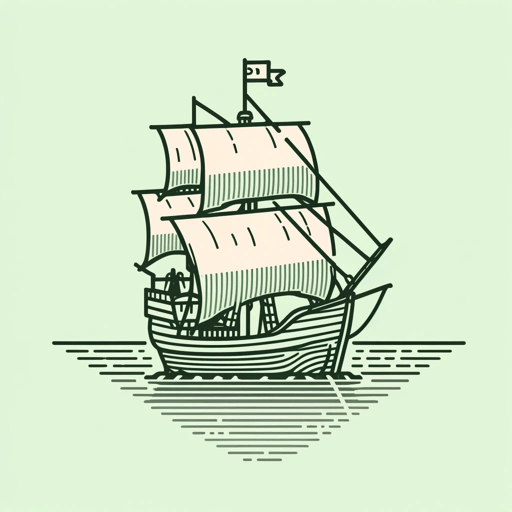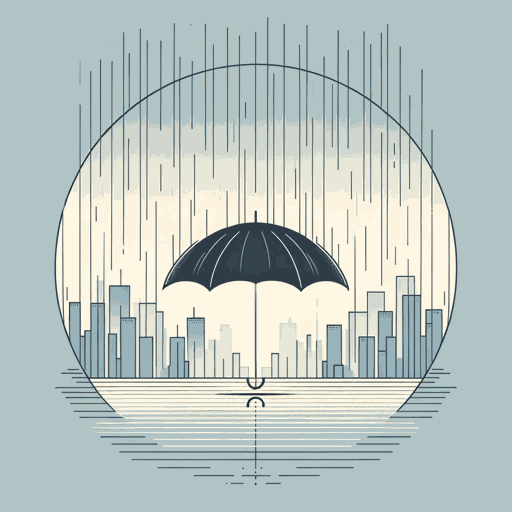50 pages • 1 hour read
Jonathan SwiftGulliver's Travels: Travels into Several Remote Nations of the World.
Fiction | Novel | Adult | Published in 1726A modern alternative to SparkNotes and CliffsNotes, SuperSummary offers high-quality Study Guides with detailed chapter summaries and analysis of major themes, characters, and more.
Important Quotes
“People in power were very watchful over the press.”
(Part 1, Chapter 1, Page 4)
Gulliver mentions this statement as a preface of sorts. It signals to the reader that Gulliver knows that perhaps his observations and opinions may be controversial; therefore, he insists that everything he has written is truthful. His reference to people “in power” keeping a close eye on the press also suggests an atmosphere of censorship, suggesting that the people in power may be acting in self-interested and oppressive ways.
“This resolution perhaps may appear very bold and dangerous, and I am confident would not be imitated by any prince in Europe on the like occasion.”
(Part 1, Chapter 1, Page 11)
Here, Gulliver employs one of his more common rhetorical devices: hyperbole. Gulliver often overstates his actions and the circumstances that cause him to act in the first place. His confidence that no “prince in Europe” would act similarly also reveals Gulliver’s tendency towards pride and self-aggrandizement, despite his self-presentation as a modest man.
“But this was the only time I was ever guilty of so uncleanly an action; for which I cannot but hope the candid reader will give some allowance, after he has maturely and impartially considered my case, and the distress I was in.”
(Part 1, Chapter 2, Page 13)
Gulliver is explaining having to urinate, which he finally allowed himself to do after three days of being bound by the Lilliputians. Gulliver assumes the reader will somehow be offended by his behavior and thus seeks to justify his act of uncleanliness. Gulliver’s obsession with human excrement and uncleanliness will appear throughout the text, symbolizing the reality of human frailty and vice.
Related Titles
By Jonathan Swift




